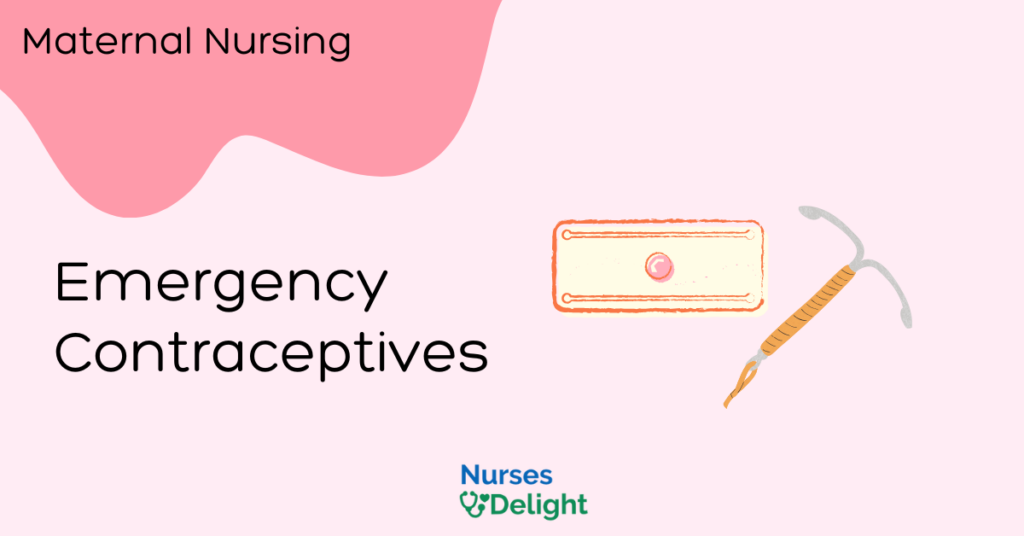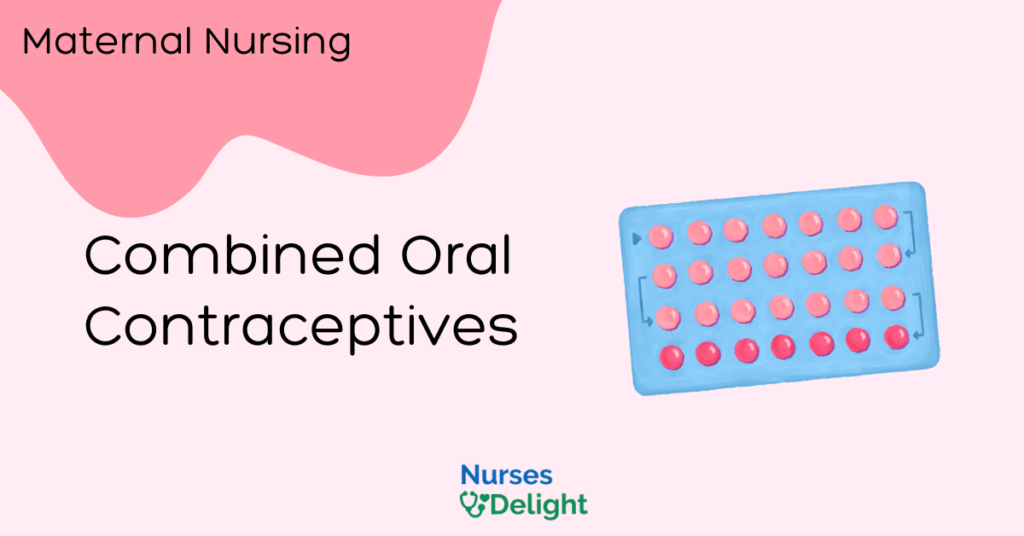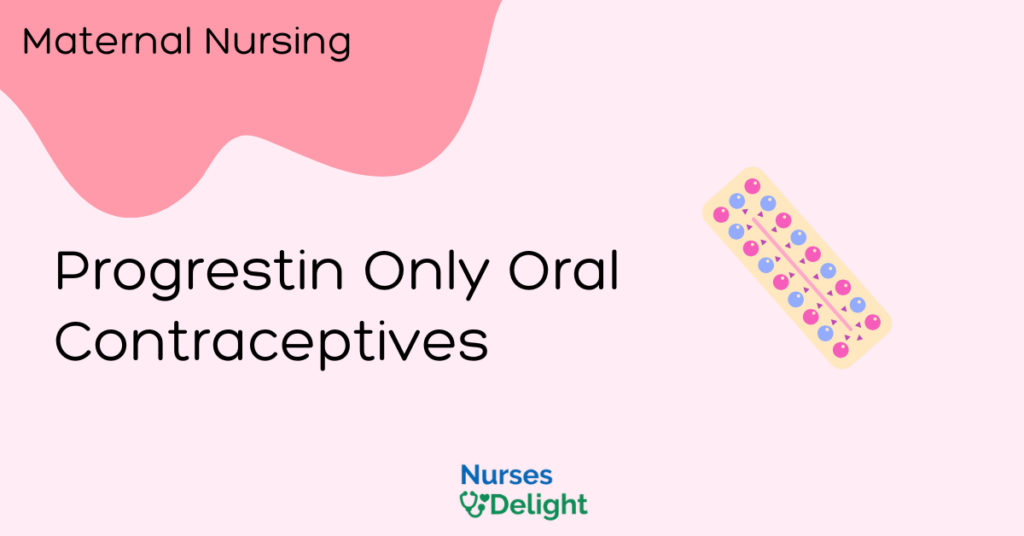What are Emergency Contraceptives?
Emergency contraceptives are methods used to prevent pregnancy after unprotected intercourse or contraceptive failure.
Types of Emergency Contraceptives
- Emergency contraceptive pills (ECPs): Levonorgestrel or ulipristal acetate.
- Copper IUD: Can be inserted up to 5 days after intercourse.
Mode of Action
- ECPs delay ovulation.
- Copper IUD prevents fertilization and implantation.
Effectiveness of Emergency Contraceptives
- Levonorgestrel: Effective if taken within 72 hours (89% success rate).
- Copper IUD: Over 99% effective when inserted promptly.
Advantages of ECs
- Provide a backup option after contraceptive failure.
- Non-invasive and accessible.
Limitations of ECs
- Do not protect against STIs.
- Less effective as time passes after intercourse.
Side Effects of ECs
- Nausea or vomiting.
- Headaches or dizziness.
- Altered menstrual cycle.
Management of ECs
- Take as soon as possible after unprotected intercourse.
- If vomiting occurs within 2 hours, take another dose.



